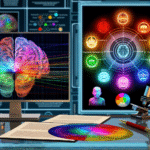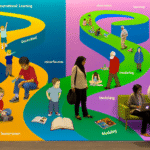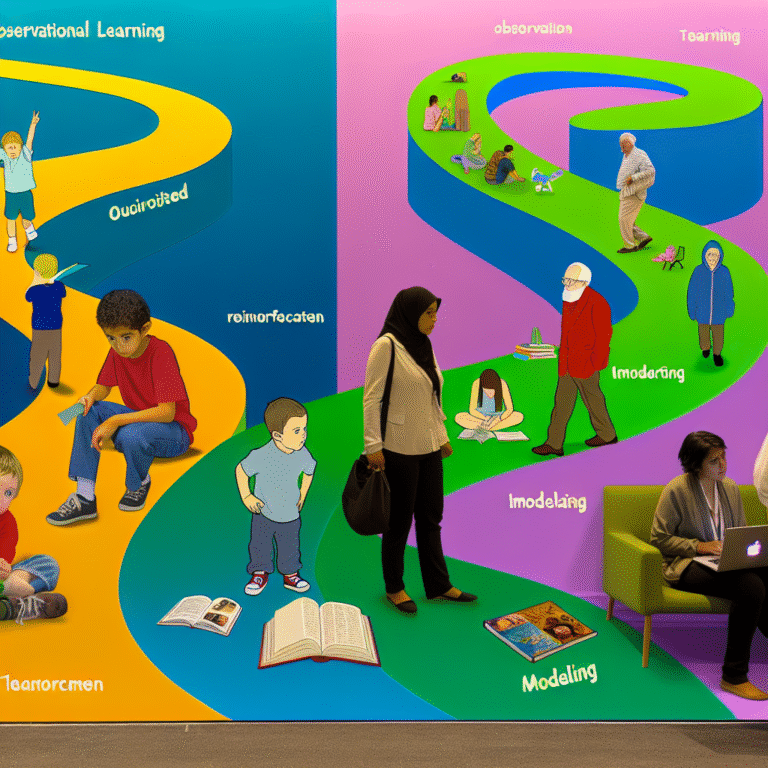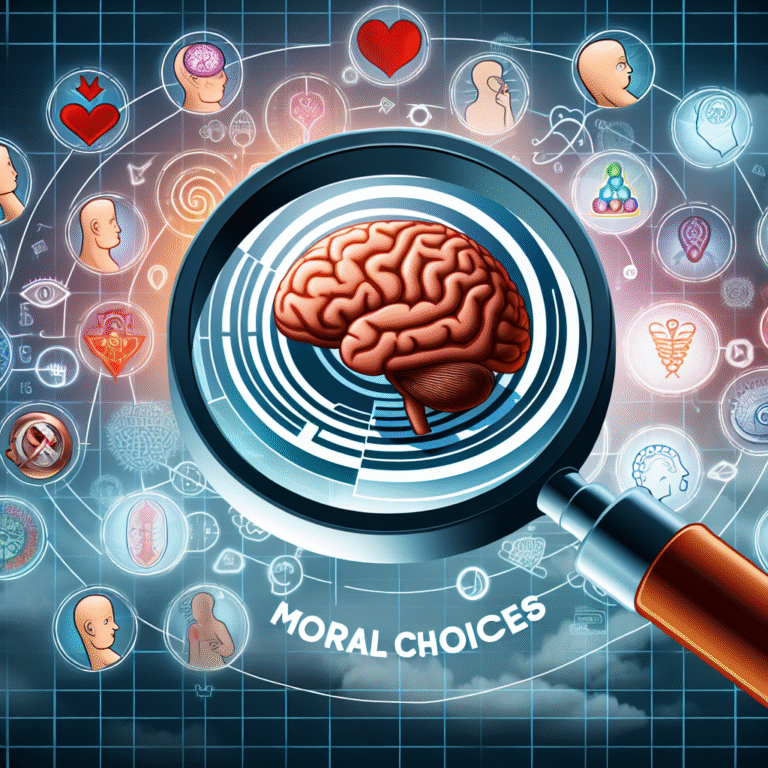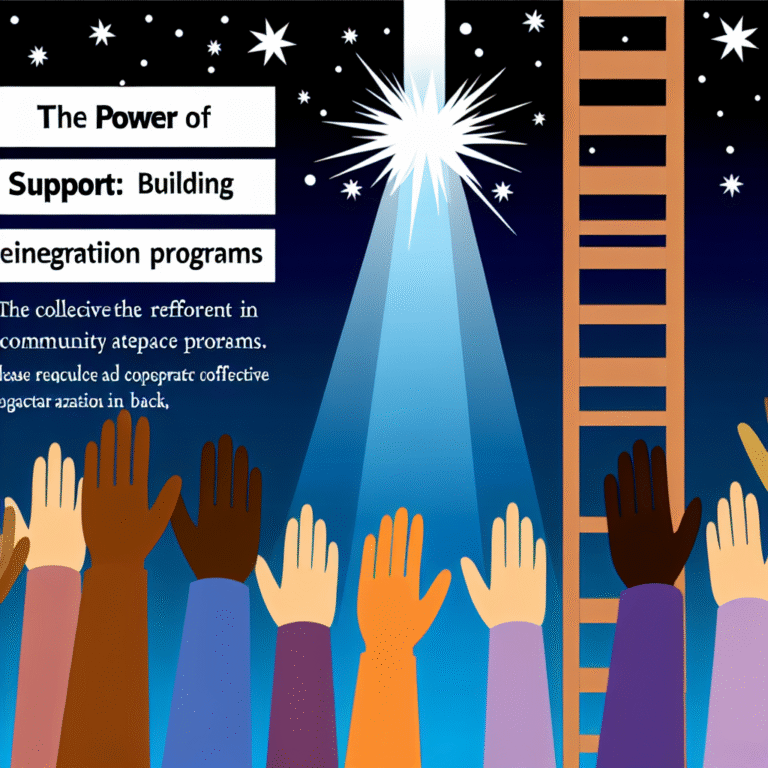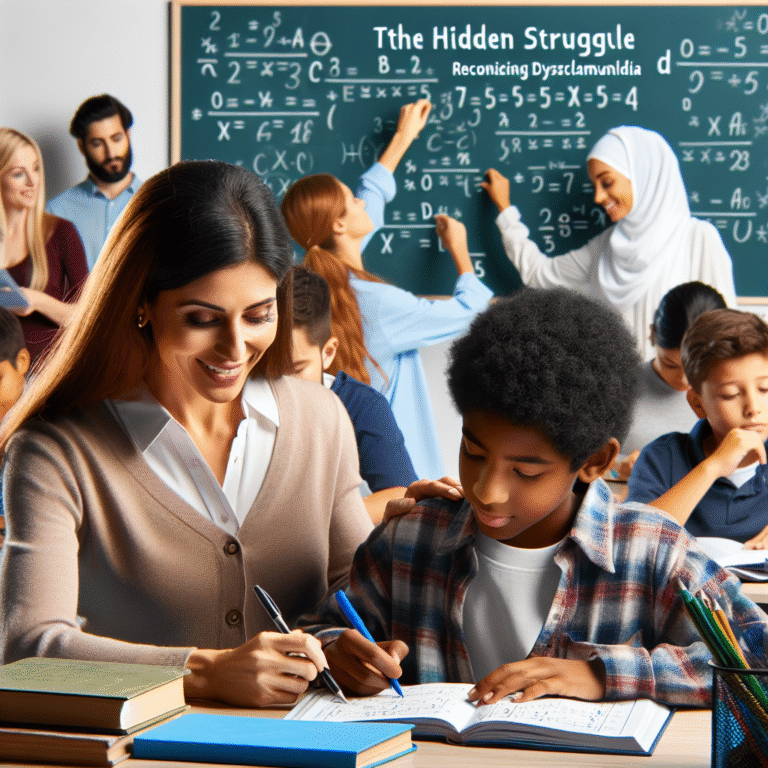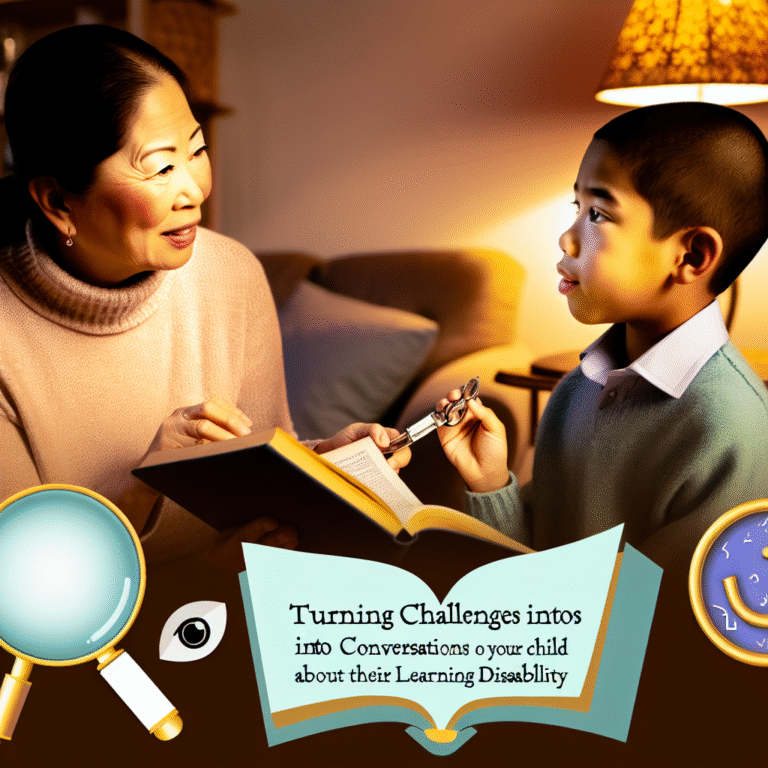
Introduction
The courtroom has long been viewed as the ultimate battleground for justice, where truth collides with perception and reality can be as elusive as it is essential. Yet, when a witness takes the stand, one question often remains: how reliable is their testimony? This brings us to the heart of the matter: Beyond the Witness Stand: The Role of Eyewitness Psychology in Modern Courts. Understanding the complexities of eyewitness memory is pivotal not only for the legal profession but for society as a whole.
With wrongful convictions emerging from unreliable eyewitness accounts, exploring the psychological intricacies that affect memory recall has never been more critical. As we delve into this topic, we will uncover the proven psychological principles that influence eyewitness testimony, engage with memorable case studies, and ultimately reveal how legal practitioners can harness this knowledge to seek justice more effectively.
The Power of Eyewitness Testimony
The Eyewitness Dilemma
Eyewitness testimony has a profound sway over juries. Studies have shown that jurors tend to place substantial weight on eyewitness accounts, often viewing them as irrefutable truths. However, this belief can be skewed by numerous factors—a realization that can have dramatic implications in a courtroom.
Table 1: Factors Influencing Eyewitness Testimony
| Factor | Description |
|---|---|
| Stress | High-stress situations impair memory. |
| Lighting | Poor visibility affects clarity. |
| Duration of Exposure | Longer exposure generally improves memory. |
| Suggestive Identification | Leading questions can alter memories. |
| Familiarity with the Perpetrator | Prior knowledge can distort recall. |
By understanding these factors, it becomes clear that the reliability of eyewitness testimony is often a fragile thing, precariously perched on the edge of psychological fallibility.
Case Study: The Central Park Five
One of the most notorious instances of flawed eyewitness testimony is the case of the Central Park Five. In 1989, five Black and Latino teenagers were wrongfully convicted of assaulting and raping a jogger in Central Park, primarily based on their confessions and eyewitness accounts. The eyewitnesses later recanted their statements, revealing the suggestive tactics employed by the police.
Analysis
This case underscores how Beyond the Witness Stand: The Role of Eyewitness Psychology in Modern Courts informs our understanding of the malleability of human memory. The intense pressure placed on the witnesses paired with flawed identification techniques resulted in a miscarriage of justice that lasted for years.
The Science of Memory
Memory is Not a Videotape
Contrary to popular belief, memory doesn’t function like a video recorder. Eyewitness psychology studies reveal that our memories are reconstructive, meaning they can be influenced by our emotions, suggestive questioning, and the passage of time.
How Memory Fails Us
- Misinformation Effect: Introduction of misleading information can distort our memories.
- Decay over Time: Memories fade or can be altered with time.
- Emotional Influence: Stress or trauma can impact how incidents are remembered.
These principles elaborate on the notion that testimony is not merely a reflection of the truth but rather a complex tapestry woven from reality, perception, and suggestion.
Practical Implications for the Legal System
Training Law Enforcement
Understanding the factors influencing eyewitness reliability is vital for law enforcement. Proper training in conducting interviews and lineups can mitigate the risks associated with unreliable eyewitness accounts.
Best Practices
- Blind Administration of Lineups: Officers unaware of the suspect ensures unbiased procedures.
- Standardized Instructions: Clear guidelines reduce misinterpretation by witnesses.
- Video Recordings: Documenting the process preserves the integrity of testimonies.
These measures, rooted in psychological research, serve as safeguards against wrongful convictions.
Case Study: Ronald Cotton and Jennifer Thompson
A classic example of memory’s failings can be observed in the case of Ronald Cotton and Jennifer Thompson. After being assaulted, Thompson misidentified Cotton in a police lineup, leading to his wrongful conviction. Years later, DNA evidence exonerated him—a textbook case illustrating the concepts explored in Beyond the Witness Stand: The Role of Eyewitness Psychology in Modern Courts.
Analysis
This incident highlights critical psychological insights: the confidence of the eyewitness did not correlate with accuracy, and the pressure of the situation clouded judgment. This emphasizes the need for both legal practitioners and jurors to look beyond the surface of eyewitness testimony.
The Role of Technology in Modern Courts
Advancements in Eyewitness Research
Technological innovations, such as virtual reality simulations and eye-tracking studies, have provided greater insights into memory and perception. These innovations allow us to visualize how witnesses perceive events and how details fade or get distorted.
Example: Virtual Reality Trials
Utilizing virtual reality in the courtroom can help jurors experience scenarios as the witnesses did, potentially unveiling biases and misconceptions tied to memory.
Case Study: The Gunman in the Park
In another critical example, the case of a lone gunman in a park highlighted the role of eyewitness psychology in criminal justice. Diverse eyewitness accounts reported conflicting descriptions, demonstrating that perception varies widely among individuals based on their focus and emotional states.
Analysis
This case serves as a microcosm of the broader issues within eyewitness testimony, showcasing the critical need for psychological understanding in practice and its overarching role in informing the legal process.
Seeking Solutions: Juror Education
Importance of Educating Jurors
Given the complexities of human memory, juror education becomes essential for improving the judicial process. When jurors understand the potential pitfalls of eyewitness testimony, they are better equipped to assess its reliability critically.
Implementation Strategies
- Workshops on Eyewitness Psychology: Educational sessions for jurors to appreciate factors affecting memory.
- Incorporation of Expert Testimony: Allowing psychologists to testify about the inherent flaws in eyewitness accounts.
These educational approaches are crucial steps forward in realigning jury perceptions with psychological realities.
Conclusion
As we have explored, the topic of Beyond the Witness Stand: The Role of Eyewitness Psychology in Modern Courts is layered and multifaceted, deeply intertwined with human behavior and memory. Recognizing the limitations and potential inaccuracies of eyewitness testimony can serve to create a more just legal system. By embracing psychological insights, training legal professionals, and educating jurors, we can forge a path toward a more reliable judiciary.
In a world where the stakes are high, it is vital to consider the complexities of memory—not as simple facts to be presented, but as nuanced experiences shaped by the human psyche. Our quest for justice can benefit immensely from this understanding, paving the way for a fairer, more informed legal landscape.
FAQs
1. What factors can affect eyewitness memory?
Factors like stress, lighting, the duration of exposure, suggestive questioning, and prior familiarity with the perpetrator can all significantly impact eyewitness memory.
2. How reliable is eyewitness testimony?
Eyewitness testimony can be highly unreliable due to the reconstructive nature of memory, influenced by various psychological factors. Studies suggest that it is not as trustworthy as many believe.
3. What are some ways to improve lineups?
Improvements can include blind administration to prevent bias, standardized instructions for witnesses, and video recording of the lineup process for transparency.
4. Can technology help in assessing eyewitness reliability?
Yes, advancements such as virtual reality simulations and eye-tracking studies can provide deeper insights into the ways witnesses perceive events, enhancing our understanding of memory reliability.
5. Why is juror education important in cases involving eyewitness testimony?
Educating jurors about the psychological principles affecting memory allows them to critically evaluate eyewitness evidence, ultimately contributing to fairer trial outcomes.
By focusing on these important facets of eyewitness psychology, we can create a more just and accurate legal system—where truth and justice are paramount, and the integrity of testimony is safeguarded.
